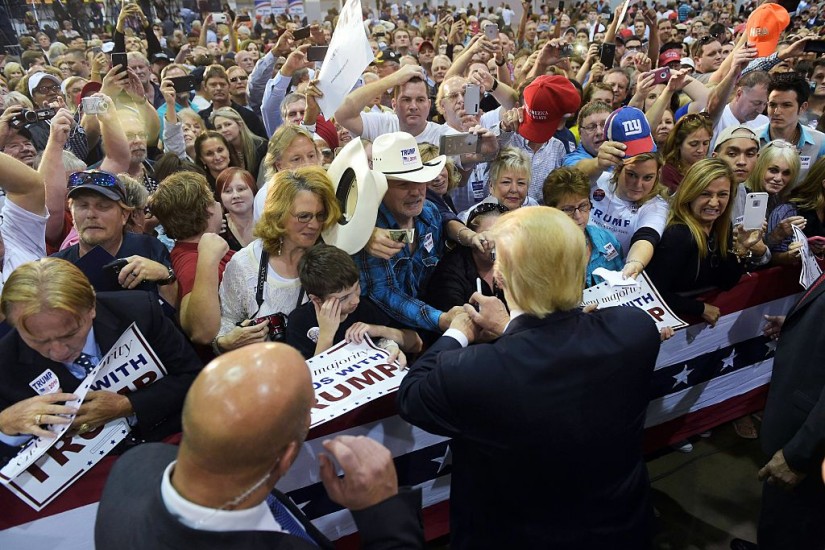Someday, when we—or our descendants—have enough distance from the present to contemplate who knows what this country will have endured, the presidential election of 2016 will evoke three words: basket of deplorables. This ill-conceived phrase, delivered by Democratic nominee Hillary Clinton at a Manhattan fundraiser two months before Election Day, was the rhetorical flashpoint of a broader takedown:
Those comments marked the moment when an apparently new white identity—though in fact an amalgam of new and older white identities—was ingloriously named. Within hours, thanks largely to Donald Trump’s Twitter-driven spin machine, the insult became a mobilizing emblem of grievance, victimhood, and defiance for legions of white people who felt ignored and disrespected by the well-heeled liberal elite. Before Clinton realized she had stumbled, and well before she could offer a semiapologetic qualification, the “deplorables” followed a time-honored tradition of co-opting the insult and investing it with in-your-face agency.
As an emblem of identity, “deplorables” harnessed white anger and anxiety emanating not only from trailer parks, small towns, and the hollows of Appalachia, but also from well-off suburbs, gated communities, and quite a few swank downtown neighborhoods as well. It wasn’t merely the people who were already scorned as white trash, hicks, rednecks, yokels, or hillbillies. The anti-Semitic, pro-Trump troll account known as “Ricky Vaughn” was recently unmasked as a Middlebury College graduate who had worked as a consultant in New York while tweeting caricatures of Jews—hardly a member of the “forgotten white underclass,” but somehow identifying himself as such. The designation “deplorable” appealed, in other words, to whites who knew daily scarcity as well as those who experienced, in the French sociologist Pierre Bourdieu’s description, “freedom from necessity.” A label of disapprobation had become a defiant badge of honor.
What Accounts for White Tribalism?
And with this curious transvaluation came the dawning realization--at least among some pundits and scholars--that this newest twist in America's identity politics needed to be taken seriously, beginning with an effort to understand it. Not that there wasn't resistance even to that among many right-thinking liberals, who deemed any effort to understand it as an attempt to legitimate it. Interviewing the sociologist Robert Wuthnow for the Vox news site, Sean Illing complained that the title of Wuthnow's book--The Lefi Behind: Decline and Rage in Rural America--"rubbed [him] the wrong way": "It seems to me that many of these people haven't been left behind; they've chosen not to keep up." Referring to Wuthnow's depiction of rural Americans' widespread sense of moral decline, Illing asked, "Am I supposed to take this seriously?" (2)
